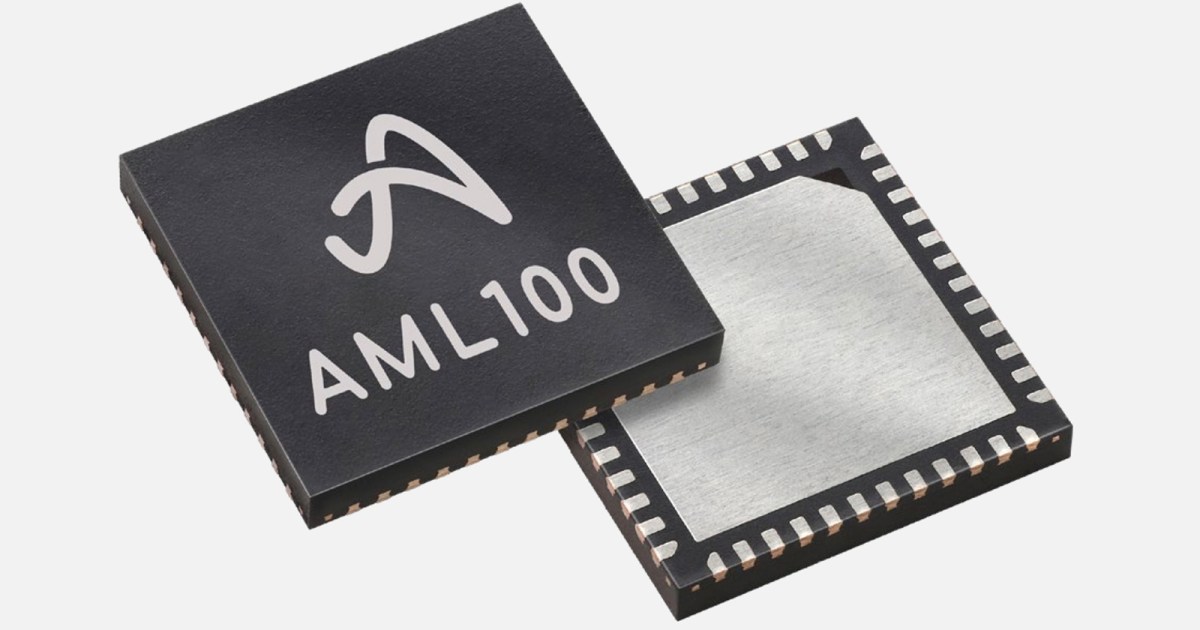It could be the key to making tomorrow’s smart tech sustainable.
Seems interesting but it has the stink of “buzzword marketing” all over it. The example given in the article about using it for wake words is just using a microphone connected to the device. Microphones and speakers are both analog devices that all digital phones have already. Also the fact that it’s an IC that’s programmable leads me to believe it’s not analog at all, or else how can it be programmed?
I also thought it was funny to talk about environmental damage from all these digital sensors and then using thermometers filled with mercury as an example of an analog sensor. Mercury is a heavy metal and extremely toxic to most lifeforms, which is why we don’t use it in thermometers anymore.
If you are interested learning more, there was a veritasium video about analog chips where he quite well explained the working of and the usecases .
Here is an alternative Piped link(s):
Piped is a privacy-respecting open-source alternative frontend to YouTube.
I’m open-source; check me out at GitHub.
I’m not sure with that information if internally they are analog or not. But at least it sounds like smart limit switches, which it does make sense to be more efficient than having a computer monitoring a signal and comparing it to the desired value.
This impressed me:
In August, IBM unveiled a prototype of a low-power analog chip designed specifically for speech recognition — it was able to detect 12 “wake words” more quickly and just as accurately as a digital system.
I’m always wary of extraordinary claims (Theranos and all) but this could potentially be interesting.
Very interesting!
Happy to see people recalling everybody about the analog nature of the world, in spite of big corps pushing for a cold fully digital metaverse






